What is the Primary Cause of Boating Fatalities: An In-Depth Analysis
Boating is a popular recreational activity enjoyed by millions across the globe. However, it also comes with its fair share of dangers and risks. A key aspect to consider when discussing boating safety is understanding the primary cause of fatalities occurring on the water. Boating accidents can have devastating consequences, and knowing the leading factors behind these incidents can help in preventing them and reducing the number of fatalities each year.
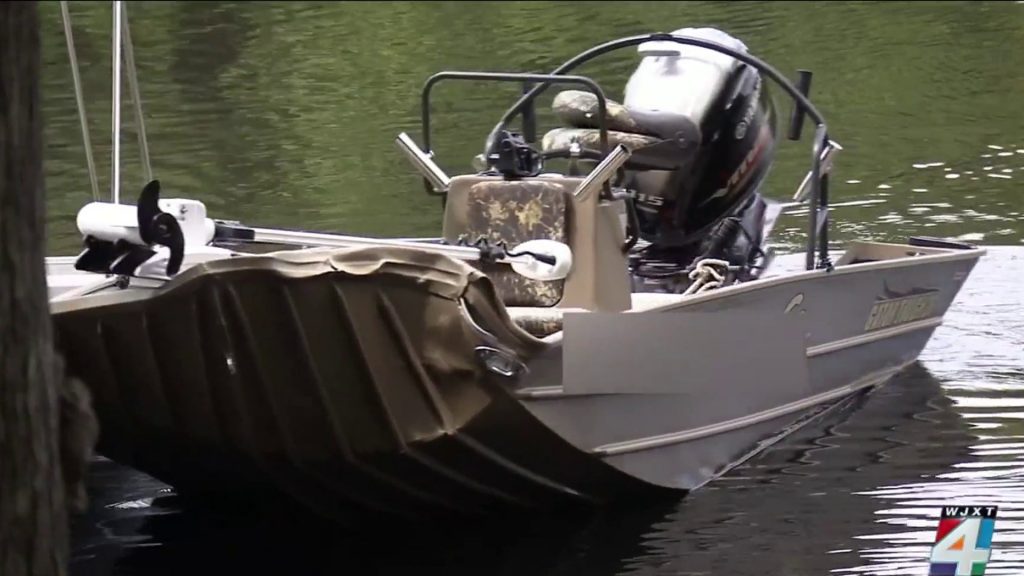
Research has shown that one of the most significant factors contributing to boating fatalities is the role of the operator and their actions or lack thereof. Operator inattention, lack of safety training, and operating under the influence of alcohol are some of the key contributors to boat crashes and fatalities. Furthermore, factors such as inadequate use of life jackets and excessive speed also play a considerable role in the number of deaths that occur in recreational boating accidents.
Key Takeaways
- Operator inattention and lack of safety training are major contributors to boating fatalities.
- Alcohol and excessive speed significantly increase the risk of accidents and deaths on the water.
- Proper use of life jackets can significantly reduce the number of drowning incidents in boating accidents.
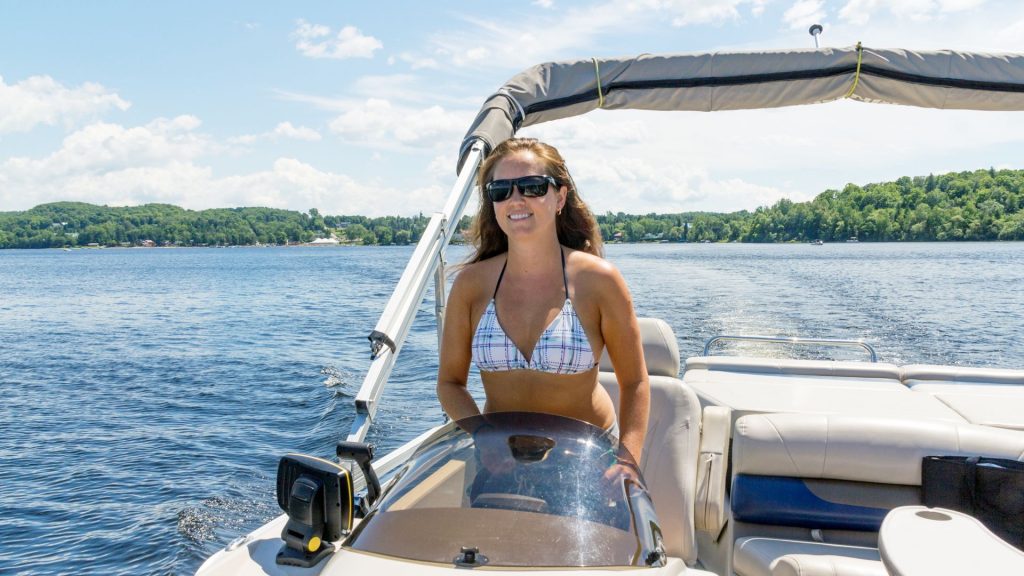
The Role of the Operator
In the context of boating, the operator plays a crucial role in ensuring the safety of all passengers and the prevention of accidents. One of the primary causes of boating fatalities is operator inattention. It is the operator's responsibility to remain vigilant at all times, consistently monitoring their surroundings, including other vessels, obstacles in the water, and changes in weather conditions.
Another major factor contributing to boating fatalities is operator inexperience. Novice operators may lack the necessary skills and knowledge to navigate challenging situations or react appropriately to sudden changes in conditions. As a result, inexperienced operators are more likely to be involved in accidents that can lead to severe injuries or fatalities.
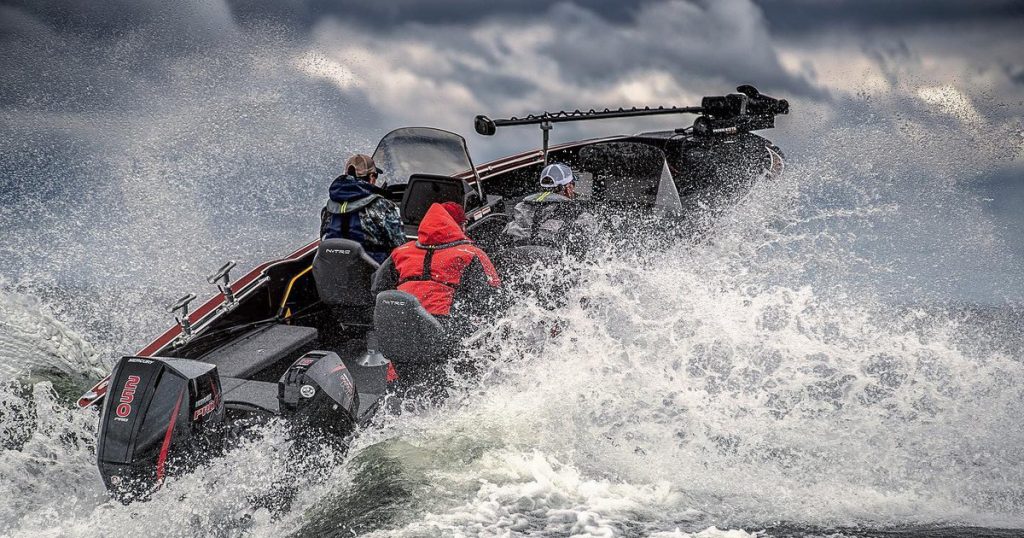
Proper training plays a significant role in preventing boating accidents and fatalities. According to research, over 70 percent of boating accidents involve operators who lack adequate safety training. Participating in a comprehensive boating safety course can equip operators with essential skills, such as understanding navigational rules, properly maintaining their vessel, and effectively using safety equipment.
In summary, the operator's role is crucial in ensuring a safe boating experience. By remaining attentive, gaining experience, and acquiring proper training, operators can significantly reduce the risk of accidents and fatalities on the water.
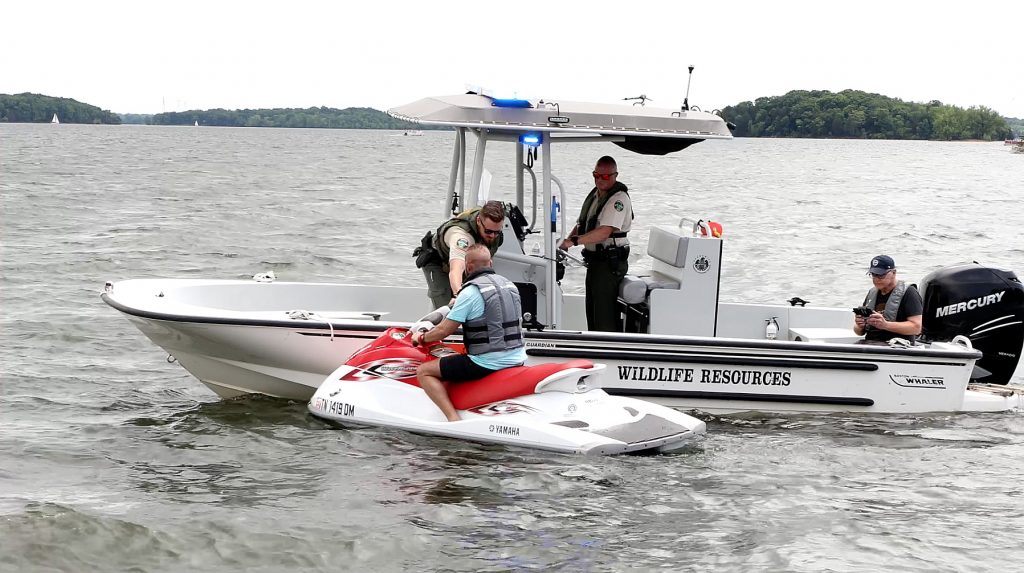
Influence of Alcohol and Speed
Alcohol use and excessive speed are two major factors that contribute to boating fatalities. Consuming alcohol while operating a boat can greatly impair the operator's judgment, balance, and reaction time, thus increasing the likelihood of accidents. In fact, boating under the influence (BUI) is illegal and can lead to severe penalties, including fines, imprisonment, and suspension of boating privileges.
Boaters should be aware that the effects of alcohol can be exacerbated on the water due to factors such as sun exposure, wind, and the motion of the boat. It is crucial for boat operators to recognize the dangers of alcohol consumption while boating and take appropriate measures to ensure the safety of all passengers on board.
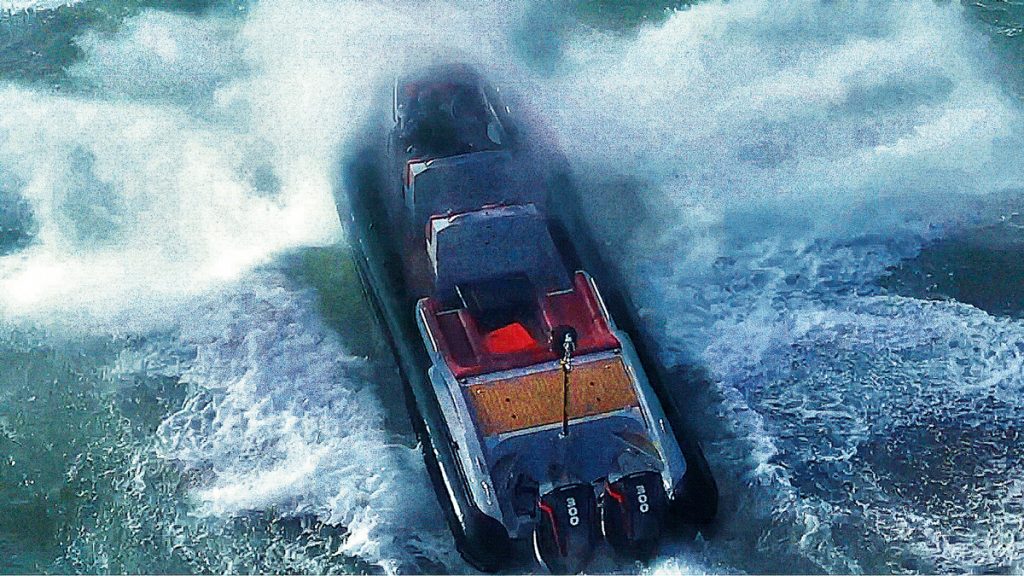
Excessive speed is another significant factor in boating fatalities. Operating a boat at high speeds can reduce reaction time and make it more difficult for the operator to maintain control, increasing the likelihood of accidents. Operator inattention, improper lookout, and operator inexperience are other contributing factors that can further compound the dangers of excessive speed.
To help prevent boating fatalities related to alcohol use and excessive speed, measures such as designated boat drivers, regular enforcement of speed limits, and promoting boating safety education can be implemented. It is essential for boaters to understand the risks associated with these behaviors and prioritize the safety of everyone on board.
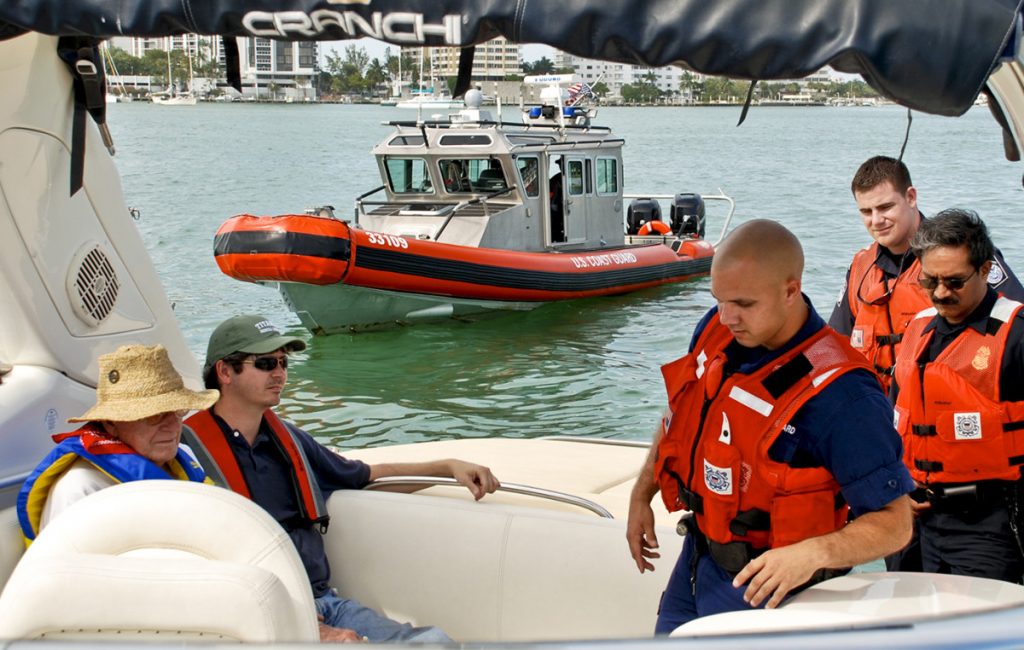
Significance of Life Jackets
Life jackets, also known as Personal Flotation Devices (PFDs), play a critical role in ensuring the safety of boaters. Their main function is to provide buoyancy, which helps prevent drowning in case of accidents or emergencies. The importance of life jacket usage cannot be overstated, especially when it comes to reducing the number of boating fatalities.
Boating accidents can happen unexpectedly, and in many cases, drowning is the leading cause of death. In fact, over 90% of drowning victims in boating incidents were not wearing a life jacket at the time of the accident, according to the BoatUS Foundation. This statistic highlights the vital role that life jackets play in preventing tragic outcomes.
Life jackets save lives by giving individuals the support and assistance required to stay afloat until help arrives. By increasing the chances of surviving an accident, life jacket usage contributes to a considerable reduction in boating fatalities. Nevertheless, it is important to choose the appropriate size and type of life jacket to ensure its effectiveness.
Factors such as weather conditions and the type of boating activity can also influence life jacket usage. Research suggests that boaters are more likely to wear life jackets when faced with riskier conditions. It is essential for boaters to understand the significance of life jackets and make it a habit to wear them, regardless of the circumstances.
In conclusion, a life jacket is the single most important piece of equipment that can make a difference between life and death in boating accidents. By wearing life jackets, boaters not only safeguard their own lives but also contribute to a safer boating community as a whole.

Leading Causes of Accidents and Deaths
Boating accidents and fatalities can occur due to various factors. One of the primary contributing factors to these unfortunate events is alcohol use. In fatal boating accidents where the primary cause was known, alcohol consumption was found to be the leading factor in 18% of deaths [1].
Lack of boating safety instruction also plays a significant role in causing accidents. It has been observed that 77% of deaths occurred on boats where the operator had not received proper boating safety instruction [2]. Ensuring that boaters have adequate knowledge and training is essential for reducing the risk of accidents on the water.
Another common cause of accidents and fatalities is not wearing a lifejacket or personal flotation device (PFD). Lifejackets and PFDs are crucial safety equipment that can prevent drowning in case of falling overboard or other unexpected situations [3].
Boat collisions also contribute to a significant number of accidents and fatalities. Factors such as unsafe conditions, lack of safety training, excessive speed, and operating while intoxicated can lead to boat crashes [4].
Furthermore, incidents like capsizing, swamping, sinking, or running aground are additional causes of boating-related accidents and fatalities [5]. Accidents can also occur due to the operator being under the influence of drugs or alcohol, which impairs their ability to make sound decisions and react appropriately to situations on the water [6].
In summary, the leading causes of boating accidents and deaths include alcohol use, lack of safety training, not wearing lifejackets or PFDs, collisions, and various other factors. By understanding and addressing these primary contributing factors, steps can be taken to reduce the number of fatal boating accidents and promote safety on the water.
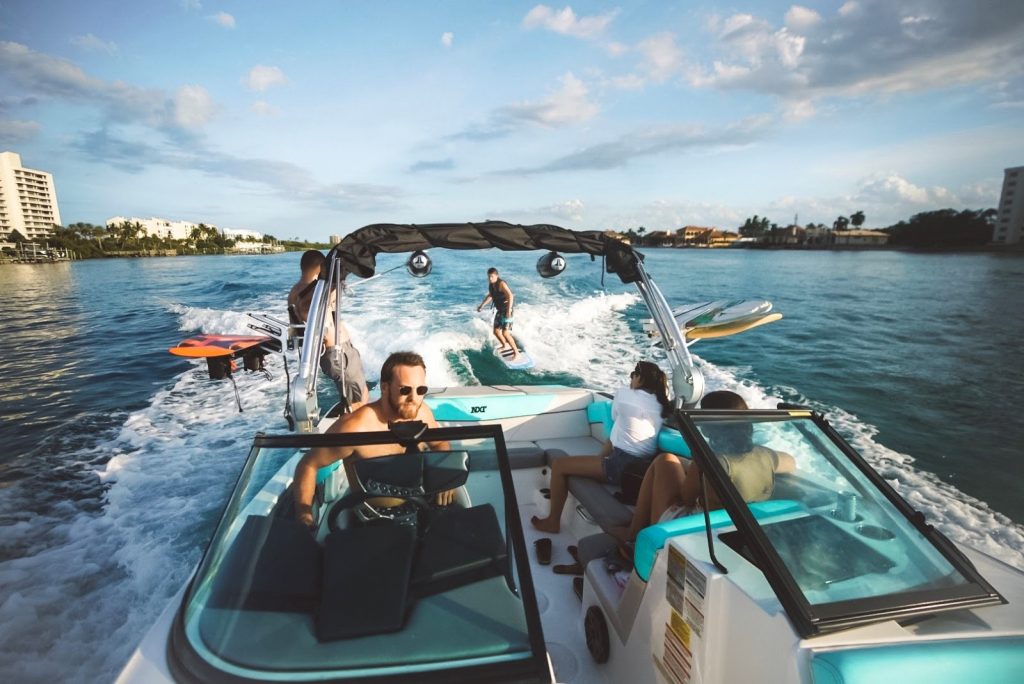
Recreational Boating Overview
Recreational boating is a popular outdoor activity enjoyed by millions of people. It encompasses various types of watercraft, such as motorboats, sailboats, kayaks, and personal watercraft. However, with the increasing number of registered recreational vessels, there is also a rise in boating accidents and fatalities.
One of the primary causes of boating fatalities is alcohol use, accounting for 18% of deaths in fatal boating accidents where the primary cause was known. Furthermore, a significant number of these accidents involve operators who have not received proper boating safety instruction. In fact, 77% of deaths occurred on boats where the operator lacked boating safety training.
Collisions are also a major contributor to boating fatalities, often resulting from unsafe conditions, lack of safety training, excessive speed, and operating under the influence. These factors combined can lead to serious boat crashes, endangering the lives of those onboard as well as nearby boaters.
According to recreational boating statistics, other common factors in boating accidents include operator inattention, improper lookout, and inexperienced operators. Such accidents often involve different types of vessels, such as open motorboats, personal watercraft, and cabin motorboats.
Efforts to improve boating safety and reduce the number of accidents continue through initiatives like the National Safe Boating Council, which provides resources and promotes boating safety education. Their recreational boating facts highlight the importance of life jacket use, boating instruction, and sober boating. As public awareness increases and a greater emphasis is placed on safe boating practices, the hope is to see a decline in boating accidents and fatalities in the future.
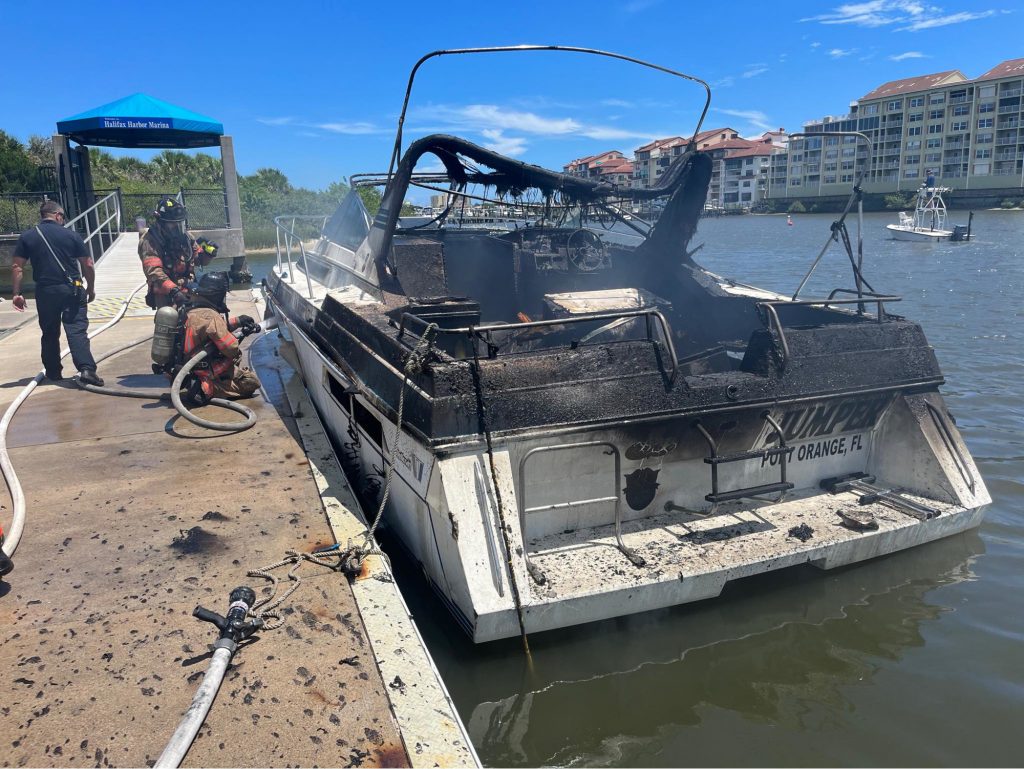
The Impact of Machinery Failure
Machinery failure is one of the top contributing factors to boating accidents and fatalities. A failure in a boat's equipment or mechanical systems can lead to dangerous situations on the water, significantly increasing the risk of injury or death for those onboard.
One common type of machinery failure is related to a boat's propulsion system, specifically the propeller. A damaged or poorly maintained propeller can cause a boat to lose control and increase the likelihood of collisions. In fact, there were 247 accidents in which at least one person was struck by a propeller, resulting in 39 deaths and 241 injuries.
Another aspect of machinery failure in boating accidents is related to fuel systems. Issues with fuel lines, tanks, or engines can lead to fuel leaks or an engine failing to start. In some cases, these fuel-related problems can cause fires or explosions on the water. Proper maintenance and inspection of a boat's fuel systems are crucial in minimizing the risk of machinery failure and ensuing accidents.
Machinery failure can also involve other systems and components of a boat, such as electrical systems, steering mechanisms, and safety equipment. It's essential for boat operators to be knowledgeable and proactive about maintaining their vessels in excellent working condition to reduce the likelihood of an accident due to equipment failure.
Regular inspections and proper maintenance of all boat systems are key to preventing machinery failure and its potentially devastating consequences. Boat owners should invest in routine check-ups, keep equipment clean and functional, and remain vigilant in addressing any signs of wear or malfunction. By doing so, the risks associated with machinery failure can be minimized, contributing to safer experiences on the water for all.
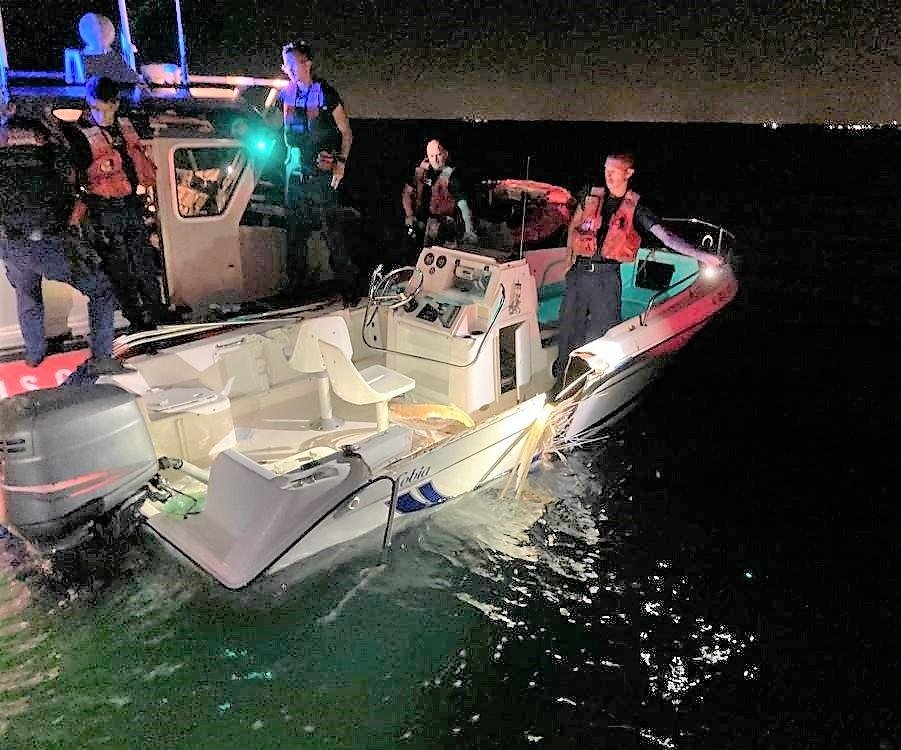
Accidents and Fatalities by Vessel Type
Boating accidents and fatalities often vary depending on the type of vessel involved. A closer look at the data reveals some trends and patterns about which types of vessels tend to experience higher rates of accidents and fatalities.
Open motorboats are among the most common vessels involved in accidents. This is likely due to their popularity among recreational boaters. They have a higher number of accidents compared to other vessel types, such as kayaks and sailboats. For example, according to the Recreational Boating Statistics 2020, 47% of accidents involved open motorboats.
Motorboats, in general, tend to experience more accidents than non-motorized vessels like kayaks and canoes. This is partly due to their higher speeds and greater potential for collisions.
Kayaks and pontoons usually experience fewer accidents compared to motorboats. While they might be involved in some collisions, they are less likely to be involved in high-speed, catastrophic accidents.
Personal watercraft such as jet skis are also involved in a significant number of accidents. These vessels are often used for high-speed maneuvers and thrill-seeking, which can result in increased risk. In the same 2020 statistics report, personal watercraft accounted for 19% of accidents.
Sailboats tend to experience fewer accidents than motorized vessels. This could be attributed to their slower speeds and the skill required to navigate a sailboat. However, accidents can still occur, particularly in areas of high boat traffic or challenging weather conditions.
In summary, various vessel types have different likelihoods of being involved in accidents and fatalities. Open motorboats and personal watercraft have higher accident rates, while kayaks, pontoons, and sailboats are generally involved in fewer accidents. By understanding the risks associated with each vessel type, boaters can take appropriate precautions and increase their safety on the water.
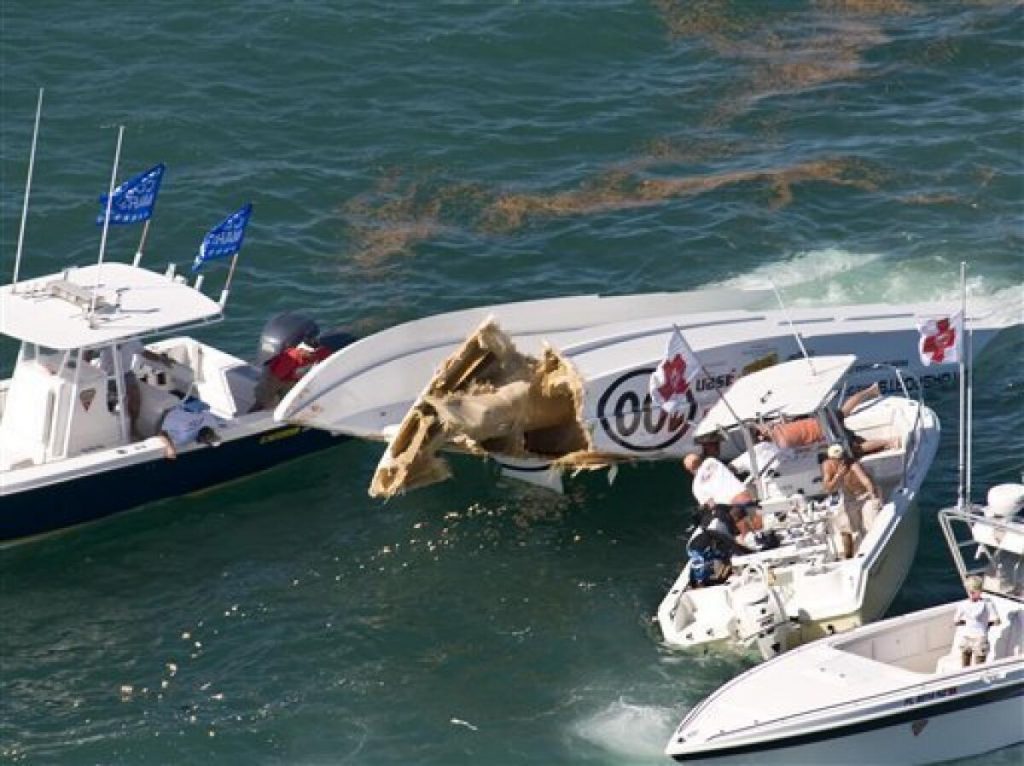
Regional Differences in Boating Accidents
In the United States, boating accidents and fatalities tend to vary by region and state. Factors such as the length of the coastline, number of registered boats, and weather conditions contribute to these differences. This section will discuss the regional differences in boating accidents, focusing on states such as Florida, Texas, Louisiana, California, and North Carolina.
Florida holds the highest number of registered recreational boats in the country, leading to a higher likelihood of accidents. The state's extensive coastline and year-round warm weather create a popular destination for boating enthusiasts. As a result, Florida consistently reports the highest number of boating accidents and fatalities in the nation.
Texas also exhibits a significant number of boating accidents due to its large number of lakes and coastline along the Gulf of Mexico. The state's diverse waterways, including both freshwater and saltwater areas, create varied conditions for boaters. Although the number of accidents in Texas is lower compared to Florida, it still ranks among the top states for boating accidents and fatalities.
Louisiana is another state with a high number of boating accidents, primarily due to its vast network of waterways that include the Mississippi River, marshlands, and the Gulf of Mexico coastline. The state's unique boating culture and frequent use of boats for fishing and transportation contribute to a higher likelihood of accidents and fatalities.
In California, boating accidents are also relatively high due to the state's extensive Pacific coastline and numerous lakes and rivers. The diverse geography, ranging from tranquil bays to more challenging oceanic conditions, plays a role in the number of accidents that occur within the state.
North Carolina has a unique situation in terms of boating accidents, as it has an extensive coastline along the Atlantic Ocean and numerous inland waterways. Despite the state's popularity as a boating destination, its accident and fatality rates are lower compared to other coastal states such as Florida and California. This may be attributed to increased boater education and safety initiatives within the state.
In conclusion, regional differences in boating accidents across states like Florida, Texas, Louisiana, California, and North Carolina are influenced by a combination of factors including geography, boater population, and local boating culture. It is crucial for boaters to remain aware of these regional trends and uphold safety practices to reduce the likelihood of accidents and fatalities.

Capture of Boating Accidents Data
The U.S. Coast Guard plays a crucial role in collecting and analyzing boating accident statistics. These statistics serve as a valuable resource for both policymakers and the boating community. Each year, the Coast Guard releases a comprehensive boating accident statistical report. The primary source of data for this report comes from the state-level agencies, such as the Florida Fish and Wildlife Conservation Commission. The Coast Guard relies on the information provided by these organizations to form a broader understanding of the safety and risks associated with recreational boating.
The annual report presents a detailed analysis of the recreational boating accidents in the United States, including the causes, types of vessels involved, and outcomes. This information assists in identifying patterns, trends, and areas of concern. By analyzing boating statistics, the U.S. Coast Guard can develop better safety guidelines, awareness campaigns, and educational programs aimed at reducing fatalities and accidents.
One of the key aspects of the boating accident data is the identification of the primary contributing factors. For instance, the U.S. Coast Guard found that alcohol use is the leading known contributing factor in fatal boating accidents when the primary cause was known. By better understanding these factors, officials can focus on targeted interventions, such as increased law enforcement patrols during high-risk seasons or stricter boating regulations.
In conclusion, the accurate capture of boating accident data is essential for informing ongoing safety efforts and crafting effective policies to reduce boating-related deaths and injuries. The collaboration between the U.S. Coast Guard and state agencies like the Florida Fish and Wildlife Conservation Commission ensures the data is comprehensive and representative of the broader boating community. Through the continued analysis of boating statistics, future developments in boating safety can be anticipated, and the risks associated with recreational boating can be minimized.
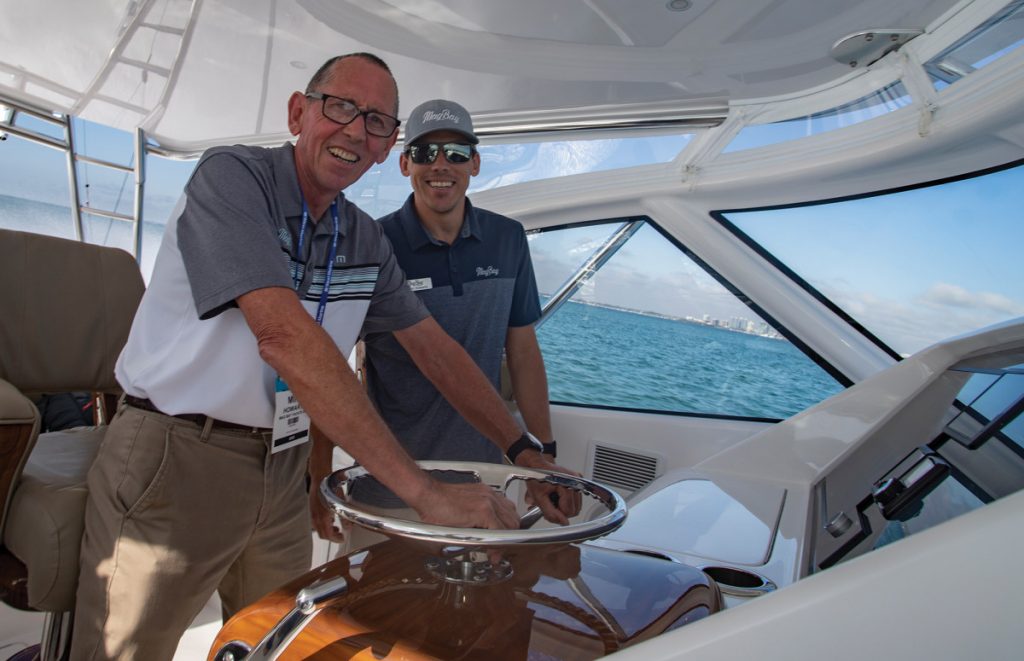
The Role of Education in Boating Safety
Boating safety education plays a crucial role in reducing the number of boating fatalities and accidents. Knowledgeable boaters are better equipped to navigate safely and make informed decisions, ultimately leading to a safer experience for all on the water.
A boating safety course covers essential topics, such as navigation rules, emergency procedures, and proper use of safety equipment. These courses not only teach boat operators how to avoid accidents, but also how to respond effectively in case of an emergency. Many boating safety courses are offered by organizations like the Water Sports Foundation and local authorities, ensuring that operators receive comprehensive and up-to-date information.
Implementing boating safety education requirements has been shown to lower accident rates. In many locations, completion of an approved boating safety course is mandatory to obtain a boating license or operate certain types of vessels. Moreover, studies have shown that boaters who have taken a safety course are less likely to be involved in accidents than those with no formal instruction.
Technology advancements in recent years have also made it easier for boaters to access educational resources and enhance their knowledge. Online boating safety courses provide flexibility for learners to complete the coursework at their own pace, allowing them to better retain and apply the information. Additionally, mobile apps and websites offer quick access to navigation rules, safety tips, and weather updates.
In summary, boating safety education is essential in minimizing accidents and fatalities. Through a combination of formal instruction, technology integration, and awareness campaigns, boating enthusiasts can embark on their journeys with the necessary skills and knowledge for a safe and enjoyable experience on the water.
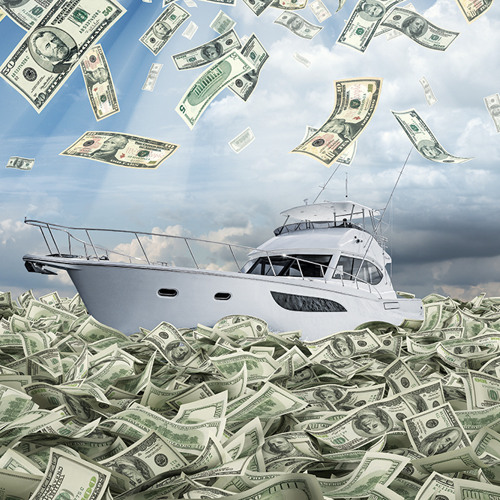
Consequences of Boating Accidents
Boating accidents can lead to various consequences, including injuries, personal injury claims, property damage, and even sinking. Understanding these outcomes can help emphasize the importance of boating safety.
Injuries sustained in boating accidents can range from minor to severe, depending on factors like speed and impact. Some common injuries include cuts, bruises, fractures, head injuries, and even spinal cord damage. In some cases, the collision may result in fatalities, particularly when drowning occurs due to capsizing or falling overboard. According to the U.S. Coast Guard, 4,168 recreational boating accidents were reported in 2019, with 613 deaths and 2,559 injuries.
Aside from physical harm, boating accidents can lead to personal injury claims. Victims may seek compensation for their injuries, medical expenses, lost wages, and pain and suffering. These legal proceedings can be time-consuming and costly for all parties involved.
Property damage is another consequence of boating accidents. With the potential for high speeds and varying sizes of boats, collisions can result in significant damage to vessels and any onboard equipment. In 2019, the estimated material damages for reported boating accidents were "$55 million" in the United States.
Sinking is an unfortunate outcome that may occur as a result of severe damage from a boating accident. Leaking or improperly sealed boats can take on water quickly, possibly leading to total submersion and the loss of the vessel. In some situations, this may result in environmental issues, such as fuel spills or the release of other potentially hazardous substances.
In conclusion, the consequences of boating accidents can be significant and far-reaching, affecting the lives, health, and property of those involved. By taking safety precautions and adhering to proper boating procedures, these adverse effects can be minimized or even prevented altogether.
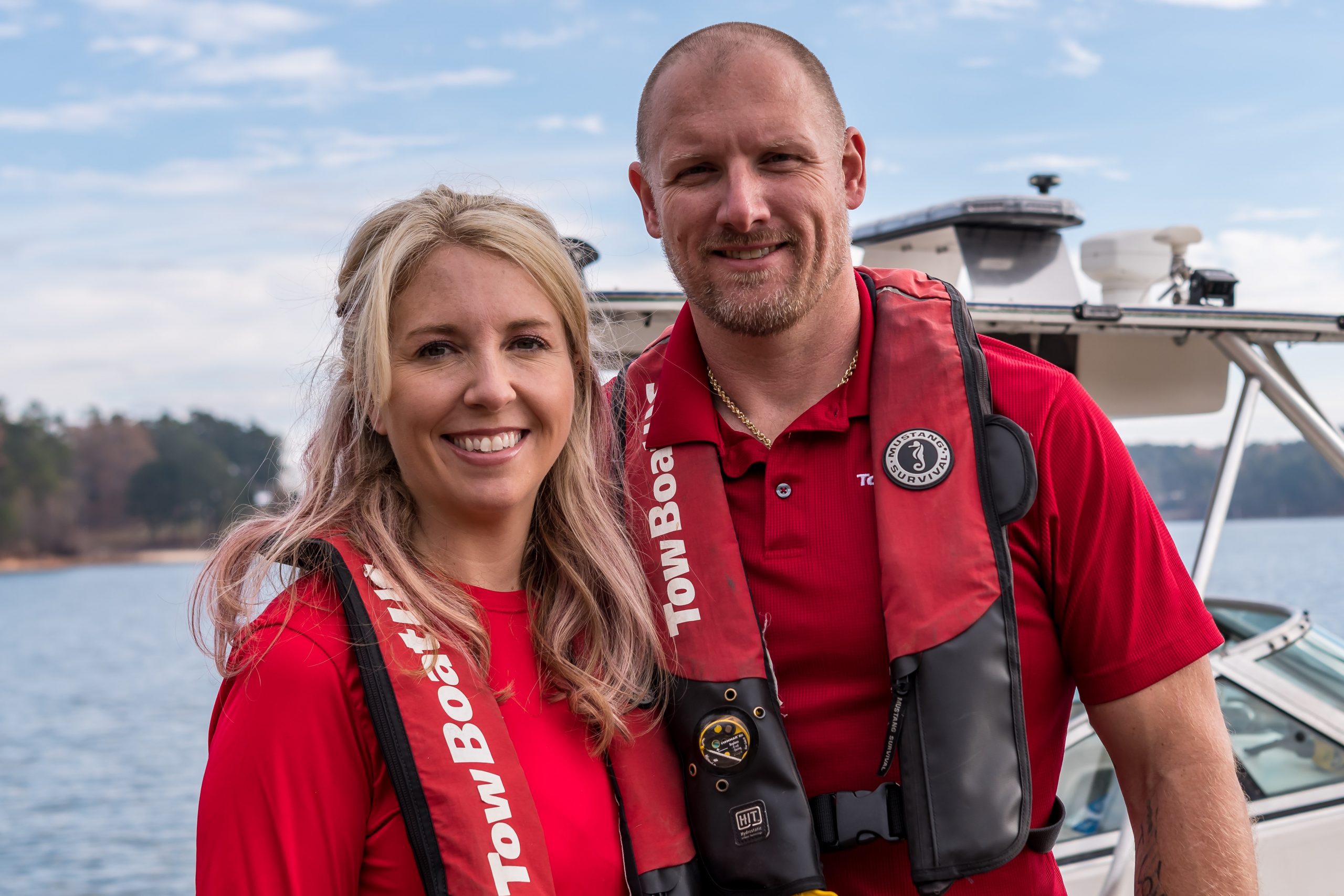
Special Considerations in Boating Accidents
When it comes to boating accidents, one of the primary causes of fatalities is drowning, which accounts for 75% of all boating fatalities1. Boating accidents involving children, hazardous waters, falling overboard, running aground, grounding, and propeller strikes are all situations where special considerations should be taken.
Children and Boating Accidents: Young boaters need to be specially supervised and should always wear life jackets. Adequate safety measures, such as having proper floating devices and childproof barriers installed, can help mitigate the risks involved with children on board.
Hazardous Waters: Navigating through hazardous waters can increase the risk of boating accidents. Proper training, understanding of local water conditions and weather patterns, as well as having the necessary navigation tools, can help boaters avoid placing themselves in dangerous situations.
Falling Overboard: Falling overboard is a common cause of drowning in boating accidents. Ensuring that all passengers are wearing life jackets, maintaining proper boat conditions, and avoiding dangerous maneuvers can play a crucial role in preventing such occurrences.
Running Aground and Grounding: Both running aground and grounding pose significant risks to boat operators and their passengers. Awareness of shallow areas, underwater obstacles, or uncharted waters is essential in these situations. Additionally, boaters should always maintain a safe speed and follow appropriate navigational guidelines.
Propeller Strikes: Preventing propeller strikes is crucial for the safety of those on board as well as nearby individuals in the water. Boat operators should maintain a safe distance from swimmers, divers, and other watercraft. Installing proper propeller guards and having a designated lookout can further help reduce the risk of such accidents.
By understanding these special considerations and implementing appropriate preventative measures, boaters can significantly reduce the risks associated with each situation and contribute to a safer boating environment.
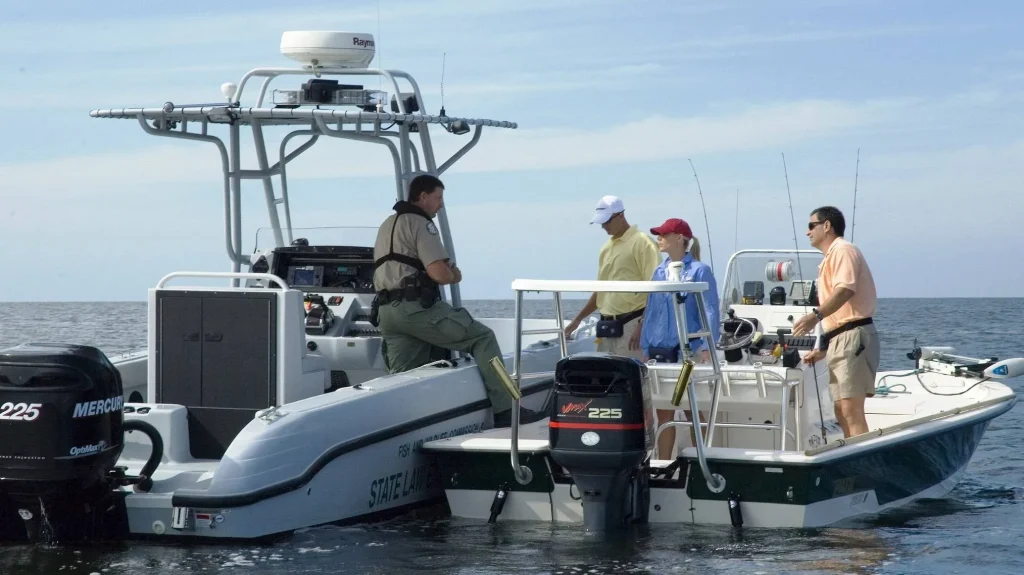
Frequently Asked Questions
What is the top reason for fatalities in small boat accidents?
The top reason for fatalities in small boat accidents is drowning, which often occurs due to a lack of proper personal flotation devices (PFDs) or life jackets. Statistics show that 81% of the recorded fatalities were drownings, and 83% of these victims were not wearing life jackets.
Which factor contributes the most to boating collisions?
Operator inattention is a leading factor that contributes to boating collisions. It is the responsibility of the boat operator to remain vigilant at all times and to be aware of their surroundings, looking for other vessels, obstacles in the water, and changes in weather conditions.
What causes the majority of deaths in Florida boating accidents?
Alcohol use is the leading known contributing factor in fatal boating accidents, including those in Florida, accounting for 18% of deaths where the primary cause was known. Boaters should avoid alcohol consumption when operating a boat, as it can impair judgment and slow reaction times.
Which boating emergency leads to the most fatalities?
Drowning, often caused by not wearing a life jacket or PFD, is the boating emergency that leads to the most fatalities. Proper use of PFDs, even when not mandated by law, can greatly reduce the risk of drowning during a boating emergency.
Which type of accident requires filing a report when boating?
Accidents that involve death, injury requiring medical treatment beyond first aid, disappearance of a person, or property damage exceeding a certain amount (usually around $2,000) usually require filing a report with the appropriate authorities within a specified time frame.
According to the U.S. Coast Guard, what is the main cause of fatal boating accidents?
The U.S. Coast Guard identifies alcohol use as the main cause of fatal boating accidents. Alcohol impairs a boater's judgment, balance, vision, and reaction time, increasing the likelihood of accidents. The American Boating Association states that alcohol use is a contributing factor in 18% of deaths where the primary cause was known, emphasizing the importance of responsible boating practices.
Footnotes
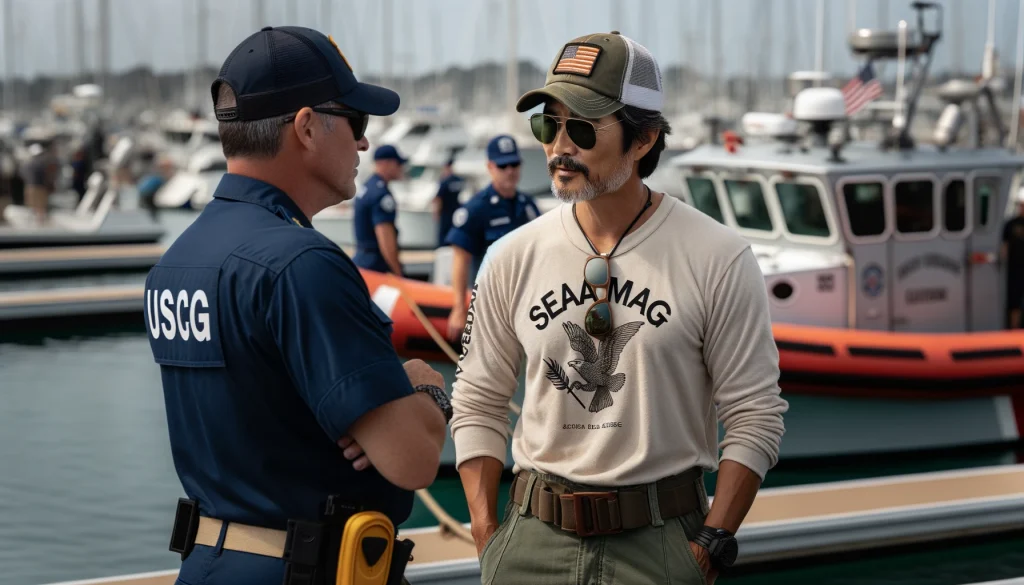
Q&A With The USCG
Charlie: Good afternoon, Rob. Thanks for joining us today to discuss a critical issue: boating safety and fatalities. Let's start with the big picture. What are the primary causes of boating fatalities?
Rob: Thanks for having me, Charlie. The most common causes of boating deaths are operator inexperience, hazardous weather conditions, and negligence. Unfortunately, we see too many fatal boat accidents that could have been prevented with more caution and knowledge.
Charlie: That's concerning. Could you elaborate on how operator inexperience plays a role?
Rob: Certainly. Operator inexperience is a significant factor. Many accidents occur because the operator isn't familiar with local weather reports, navigation rules, or doesn't recognize early warning signs of danger. This lack of experience can lead to collisions with fixed objects or other boats, often resulting in serious injuries or fatalities.
Charlie: Speaking of weather, how significant are weather conditions in boating accidents?
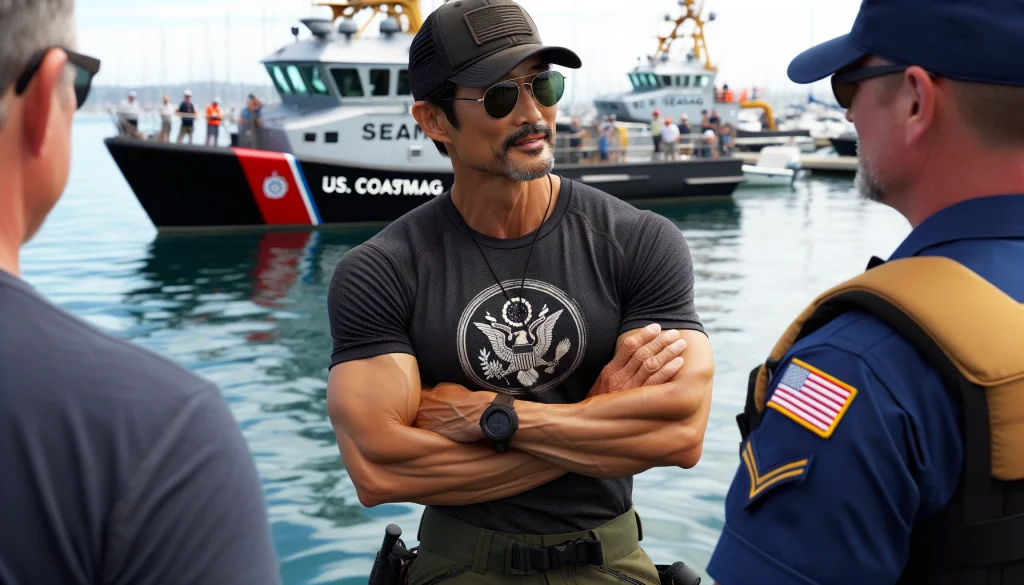
Rob: Extremely significant. Boaters often ignore weather reports or fail to check for any changes in local weather, leading to accidents in hazardous conditions. It’s vital to respect the power of nature and avoid taking risks.
Charlie: With these accidents, there's often legal aftermath. Can you comment on the role of boating accident lawyers or personal injury attorneys?
Rob: After a fatal boating accident, families may consult a personal injury attorney or a law firm specializing in wrongful death claims. These professionals help navigate the legal complexities, whether it's seeking compensation for medical bills, lost income, or filing a wrongful death case.
Charlie: Falls overboard are also a concern, right?
Rob: Yes, falls overboard are a leading cause of boating deaths. Often, these incidents are due to negligent behavior, such as not wearing life jackets or alcohol use.
Charlie: How does the U.S. Coast Guard respond to these accidents?
Rob: The United States Coast Guard is often the first to respond to reported accidents. Our goal is to provide rapid assistance, minimize serious injuries, and investigate the cause of the accident. We also focus on educating boaters to prevent future incidents.
Charlie: What would you say is the key takeaway for our readers?
Rob: The key takeaway is that many boating fatalities are preventable. Being educated, prepared, and respectful of the boating environment are crucial. We advise all boaters to operate their vessels responsibly, stay informed about weather conditions, and always prioritize safety.
Charlie: Continuing our discussion, Rob, let's delve deeper into specific types of boating accidents. What are the most common causes of these accidents?
Rob: The most common causes include collision with a fixed object or another vessel, operator distraction, and mechanical failures. For instance, in Florida, boating accidents often involve collisions with docks or other boats.
Charlie: And when these accidents occur, what steps are typically taken in terms of legal action or claims?
Rob: Victims or their families often seek the services of a boating accident lawyer. These lawyers assist in filing personal injury claims or wrongful death claims, depending on the severity of the accident. In many cases, a free consultation is offered to help understand the legal options.
Charlie: What about the role of motor vehicles in boating accidents?
Rob: Motor vehicles are involved when transporting boats to and from water bodies. Accidents can occur during this transportation process, especially if the vehicle or boat isn't properly secured.
Charlie: You mentioned wrongful death claims earlier. How prevalent are these in boating accidents?
Rob: Unfortunately, they're quite common. Boating accidents, particularly those most fatal, often lead to wrongful death claims. The legal process helps families cope with the financial and emotional aftermath of such tragic losses.
Charlie: Can you speak more about the third leading cause of boating deaths?
Rob: Certainly. The third leading cause is falling overboard, which is often related to alcohol consumption or lack of safety gear like life jackets. It's a preventable tragedy that we're striving to educate the public about.
Charlie: Rob, you've shared a lot of valuable information. To wrap up, could you highlight the primary factor behind most fatal boating accidents?
Rob: The primary factor is often negligence, whether it’s in the form of ignoring safety protocols, operator inattention, or alcohol use. It's essential for boaters to recognize their responsibility and the potential consequences of their actions.
Charlie: As we continue, let's explore more about the specific causes of boating accidents. What patterns do you see in these incidents?
Rob: A significant cause of boating accidents is operator error. This includes not paying attention, misjudging distances, or improper handling of the boat. In Florida, for example, the unique waterways and high boating traffic contribute to accidents. Often, these accidents occur due to a lack of awareness or disregard for safety practices.
Charlie: That's quite concerning. What about the role of motor vehicles in these incidents?
Rob: Motor vehicles are involved mainly when transporting boats. Improper towing practices or lack of experience in handling trailers can lead to accidents, both on the road and during the launch or retrieval of the boat.
Charlie: With these accidents, there must be legal repercussions. How do personal injury claims play into this?
Rob: When a boating accident occurs, and someone is injured, they often file a personal injury claim. This claim seeks compensation for medical expenses, lost wages, and other damages. In cases where negligence is evident, these claims can be substantial.
Charlie: And what about cases that result in fatalities? How are wrongful death claims handled?
Rob: In fatal accidents, families of the deceased may file wrongful death claims. These are complex cases that often require detailed investigation to determine liability. They aim to provide financial support to the victim's family for their loss.
Charlie: Speaking of fatalities, can you shed light on the most common causes of deaths related to boating?
Rob: The most common cause of deaths in boating accidents is drowning, often resulting from falls overboard. Unfortunately, many victims are not wearing life jackets, which significantly increases the risk of drowning.
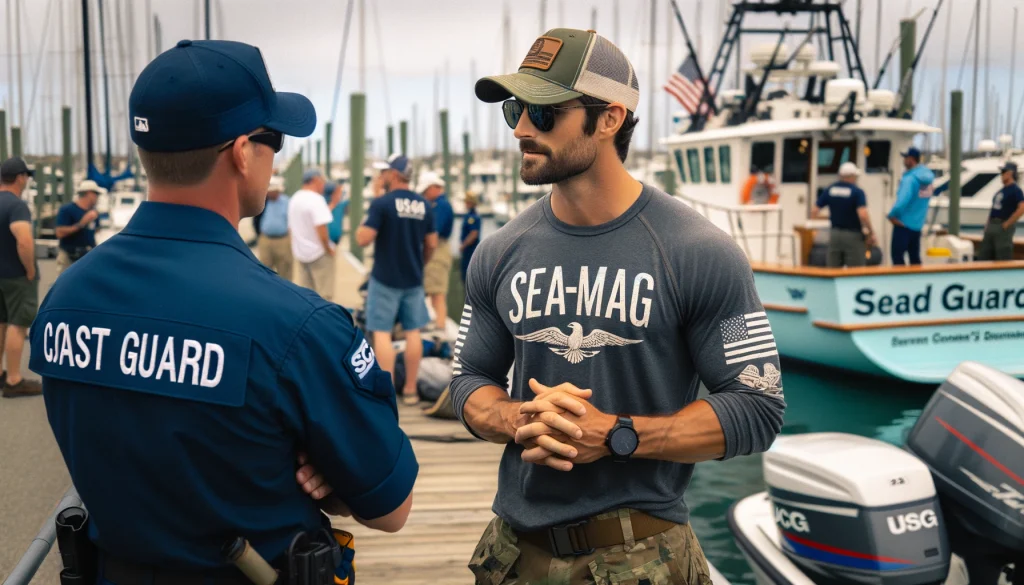
Charlie: So, in summary, what would you say is the most common cause of these tragic incidents?
Rob: The most common cause is a combination of operator inattention and lack of safety measures, like not wearing life jackets or operating the boat voluntarily under the influence of alcohol. It's a matter of education and personal responsibility to reduce these incidents.
Charlie: This has been a highly informative discussion, Rob. Thank you for sharing your expertise and for the work you do in promoting boating safety.
Rob: It's my pleasure, Charlie. Remember, safety on the water is everyone's responsibility. Let's work together to make boating a safer experience for all.
Charlie is Editor-in-Chief of Sea Magazine